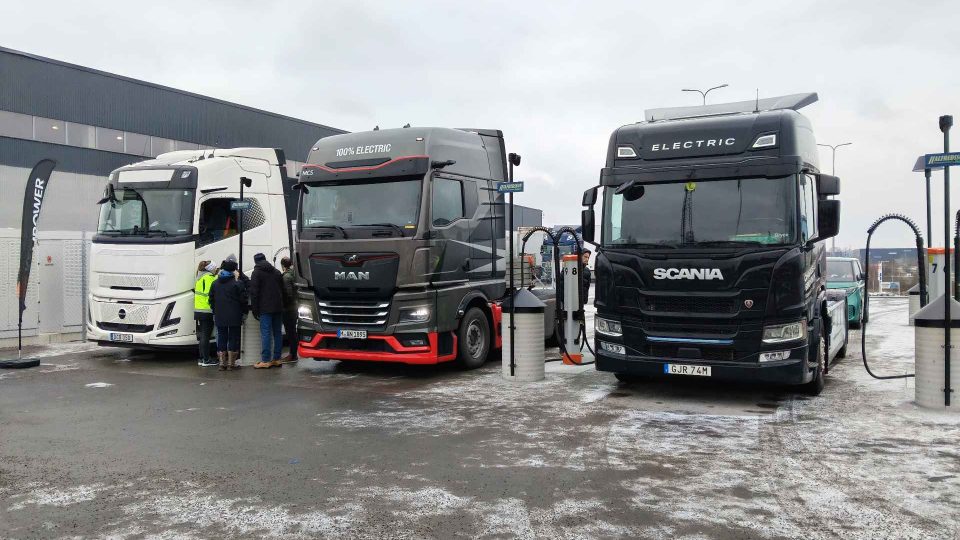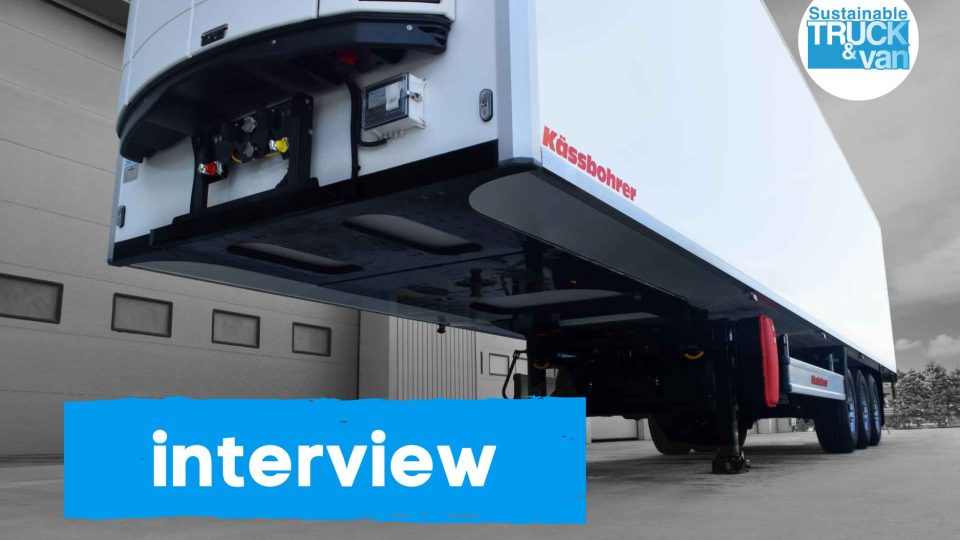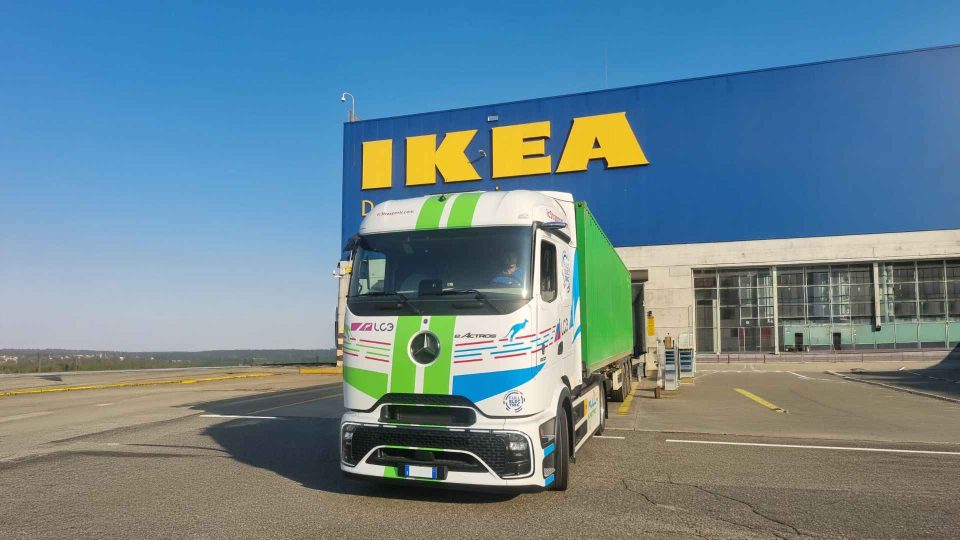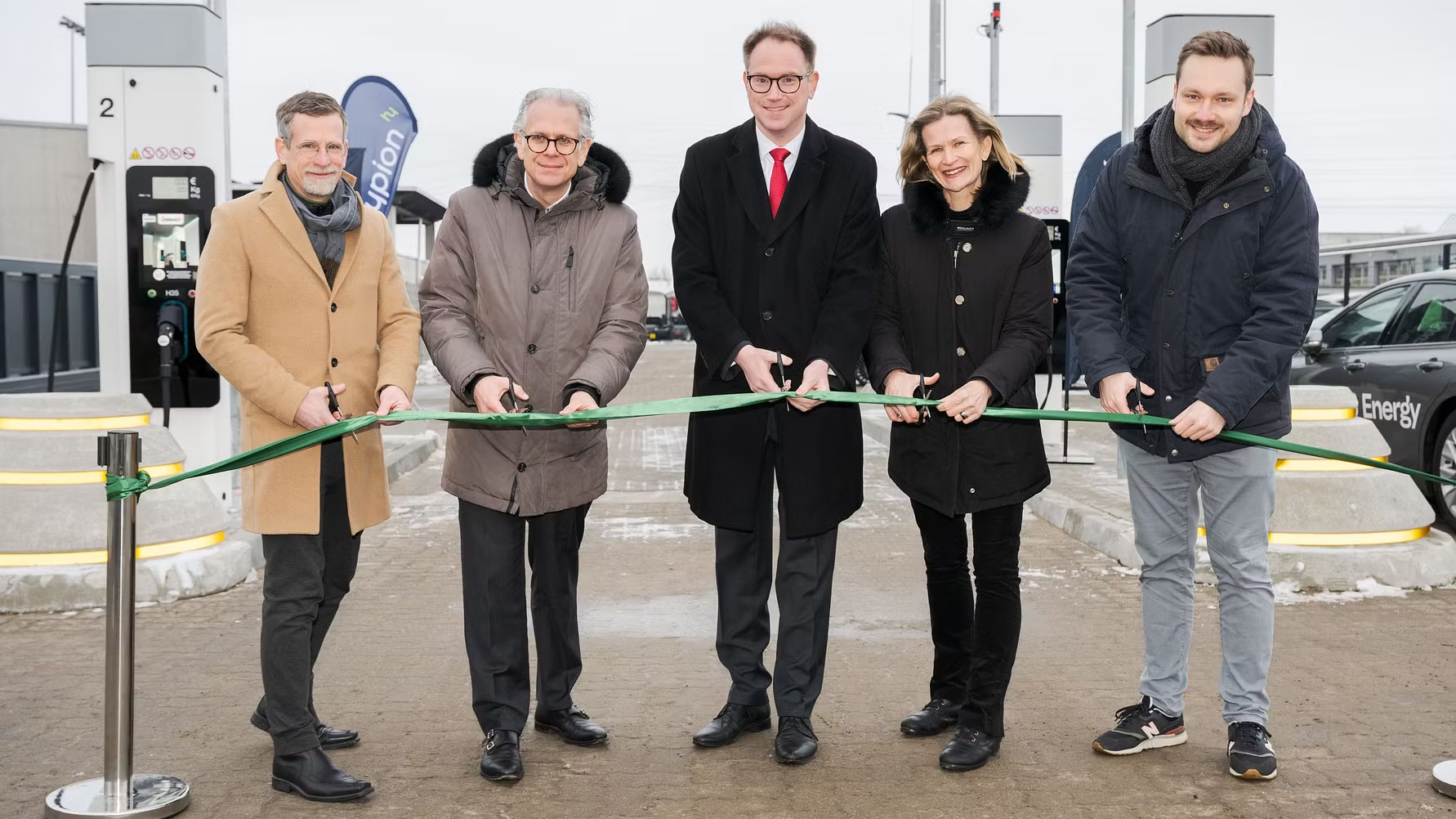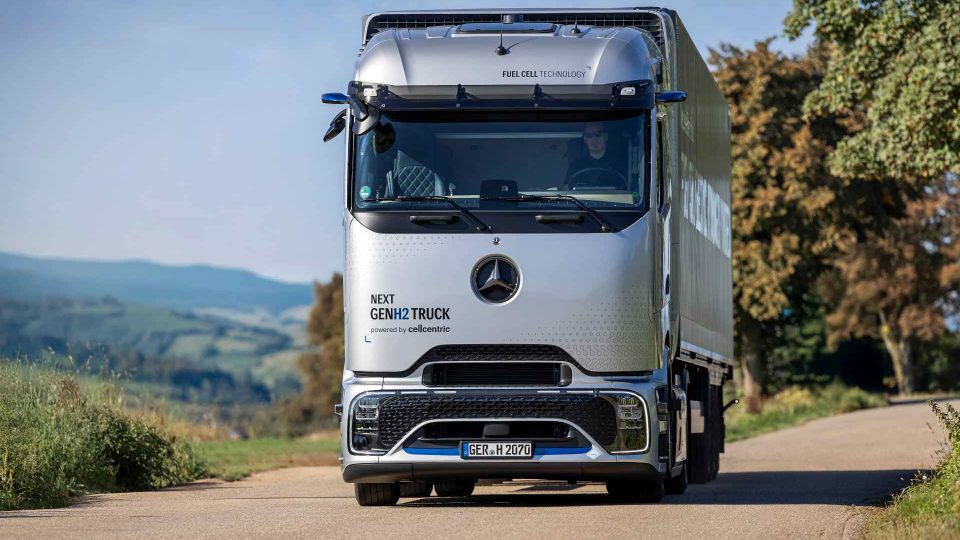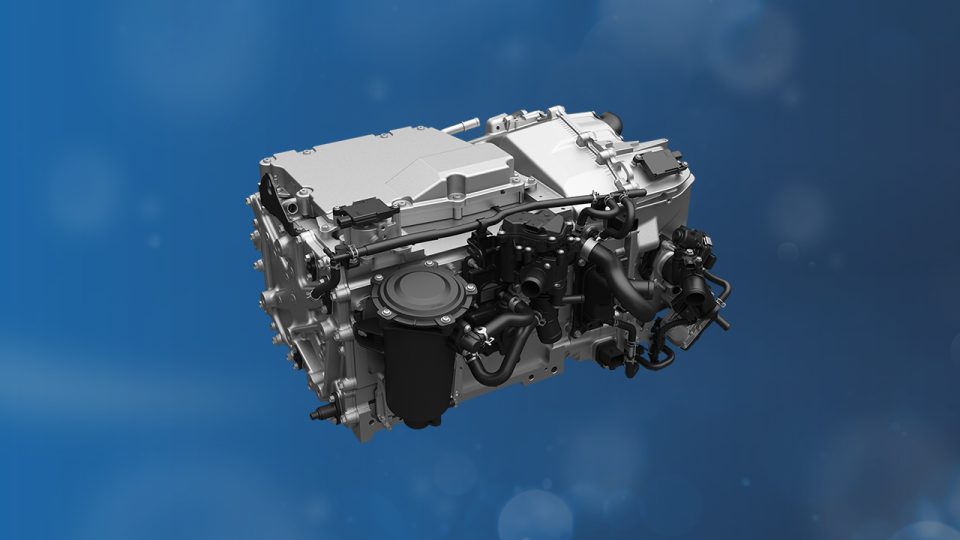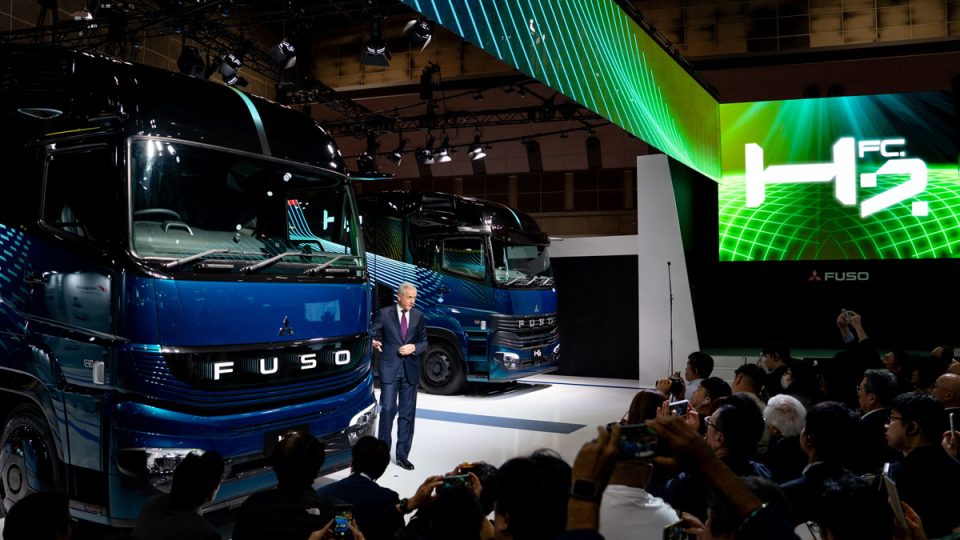UK, HVS gets £6.6 million funding to develop autonomous hydrogen truck
The first hydrogen-electric truck prototype will be fitted with a driver’s cab and tested on the road in autonomous operation, using the Fusion Processing Ltd’s Automated Drive System, CAVStar, with a human safety driver at the wheel. The second prototype will have the driver’s cab removed and replaced by an aerodynamic fairing.

UK-based HVS (here’s another post we wrote about them) awarded share of £6.6m (around 7.5 billion euro) government funding with the aim of developing self-driving hydrogen-powered truck. The Hub2Hub consortium, led by HVS itself, wants to create a self-driving heavy goods tractor unit, which will begin vehicles trials in 2024, with major UK retailer, ASDA, supporting on end user needs as strategic partners.
It’s hoped that the cost savings an autonomous lorry could provide will speed up the adoption of zero-emissions vehicles by the freight sector, reducing the industry’s contribution to climate change. The consortium, made up of primary companies in their fields, such as HVS, Fusion Processing Ltd and ASDA, will build two prototype vehicles that will allow Level 4 autonomous-driving.
HVS leading the development of autonomous hydrogen truck
The first hydrogen-electric truck prototype will be fitted with a driver’s cab and tested on the road in autonomous operation, using the Fusion Processing Ltd’s Automated Drive System, CAVStar, with a human safety driver at the wheel. The second prototype will have the driver’s cab removed and replaced by an aerodynamic fairing. During the project this vehicle will be evaluated on test tracks, with the CAVStar system in this application allowing a remote human driver, located in a control hub, to operate the vehicle.
“A transport revolution is taking place in the UK and HVS, together with the consortium, is at the forefront of the innovation. We are engineering the world’s first autonomous hydrogen-electric powered HGV to demonstrate hub-to-hub logistics to a leading retailer, ASDA, to elevate public perception, showcasing the potential autonomy can deliver thanks to increased safety and fuel savings, and develop new business models”, commented HVS CEO Jawad Khursheed.


